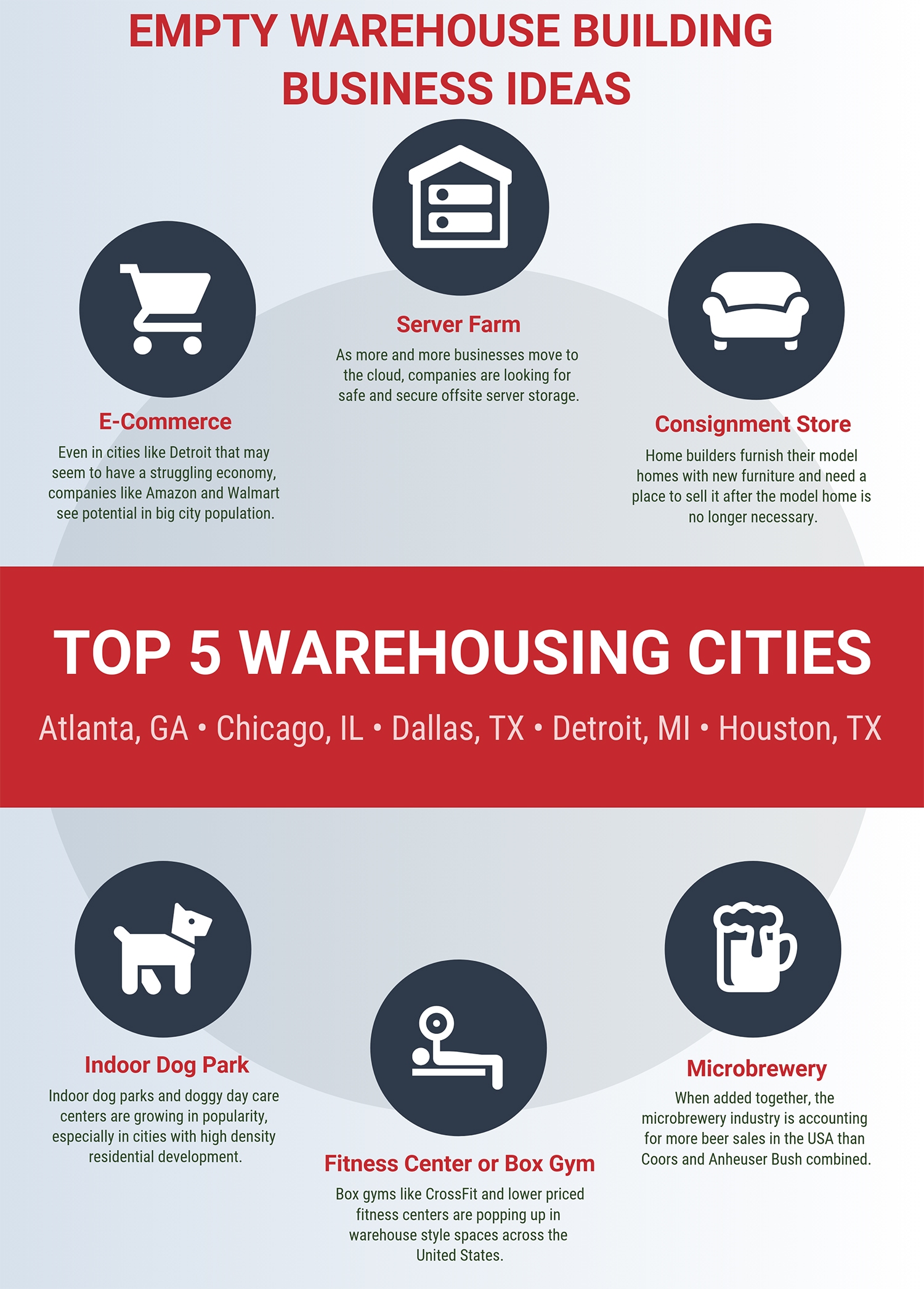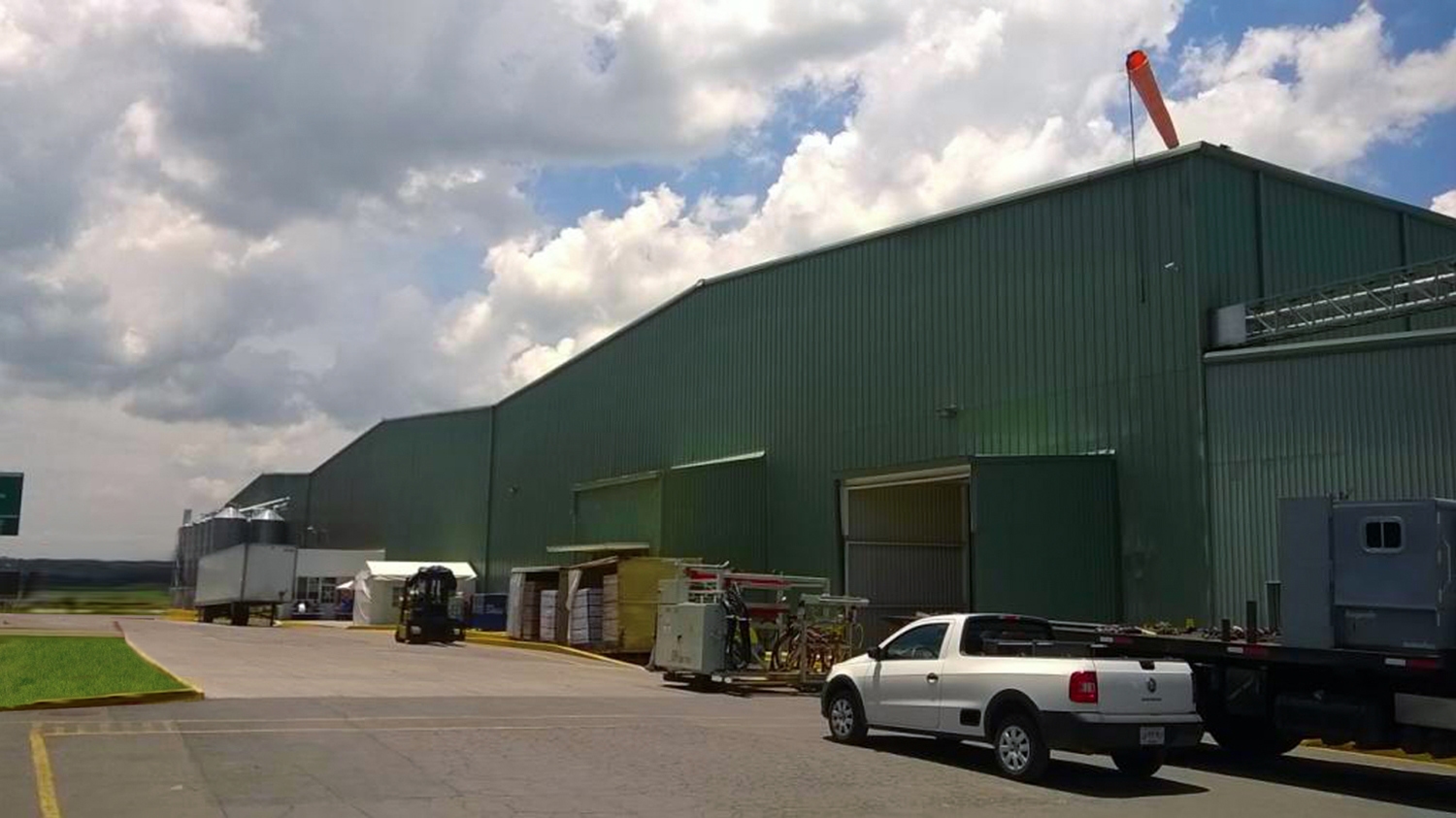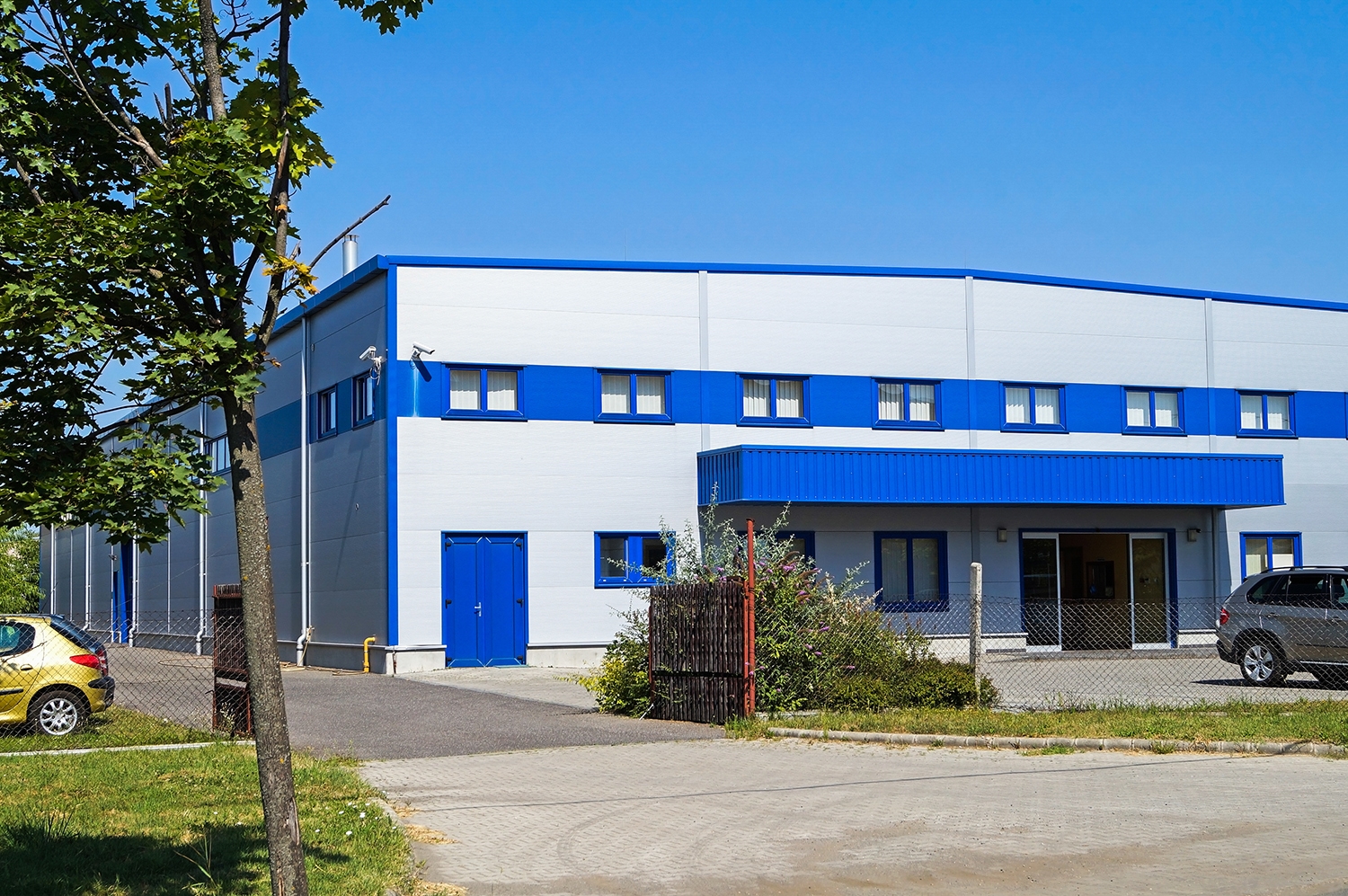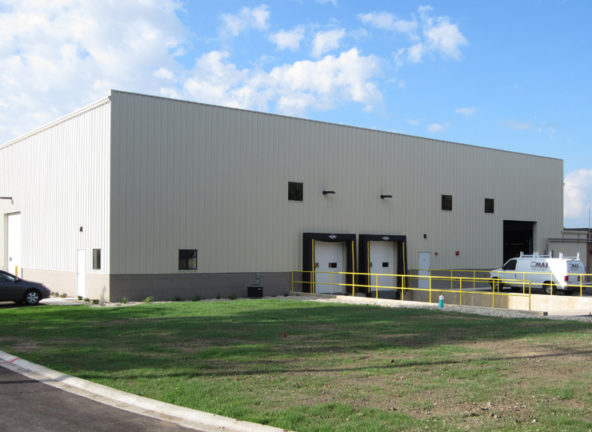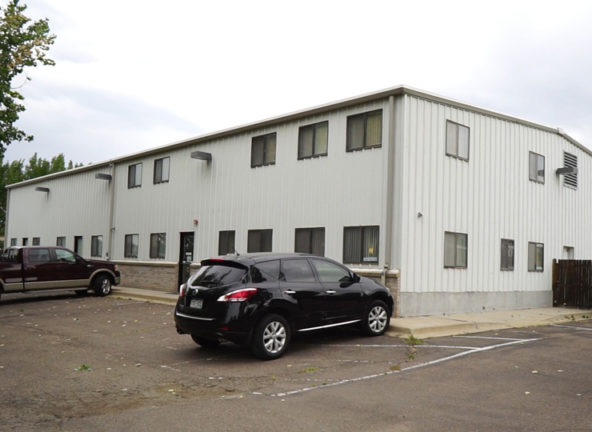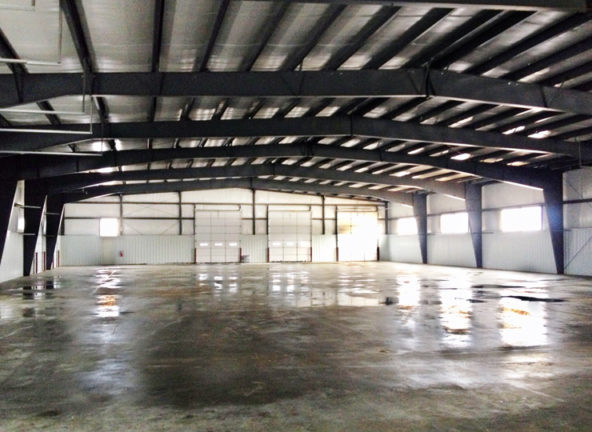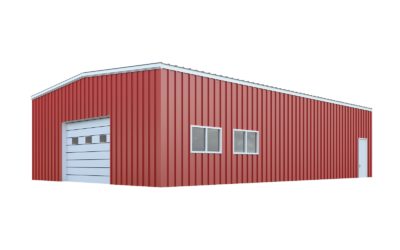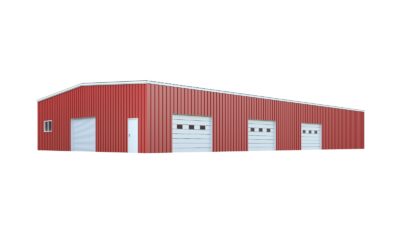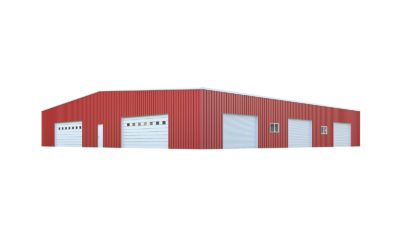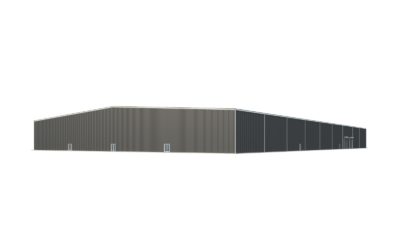Warehouse Business Ideas
The warehouse business has been booming over the last few years, increasing the demand for more buildings. While leasing a warehouse is an option, getting a prefabricated steel building for your warehouse business gives you better customization options and more freedom to grow your small warehouse business on your own.
Top 5 Warehouse Business Cities:
- Atlanta, Georgia
- Chicago, Illinois
- Dallas, Texas
- Detroit, Michigan
- Houston, Texas
Distribution Centers vs Warehouses
Distribution is especially lucrative right now, making starting a small warehouse business a good more for entrepreneurs. The main difference between a distribution center and a warehouse is that distribution centers offer fulfillment services whereas warehouses simply offer storage space.
Empty Warehouse Building Ideas
Warehouse space is flexible by design because it typically features column free construction. This characteristic makes an empty warehouse ideal for entrepreneurs looking to open a server farm, indoor dog park or doggy day care, bounce house, microbrewery, consignment store or even start a CrossFit gym.
